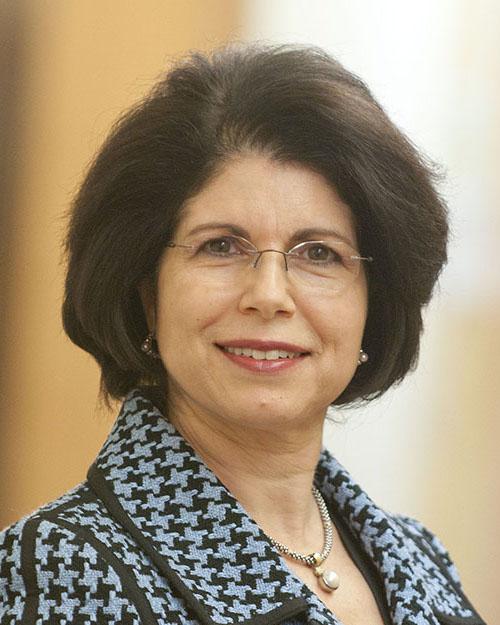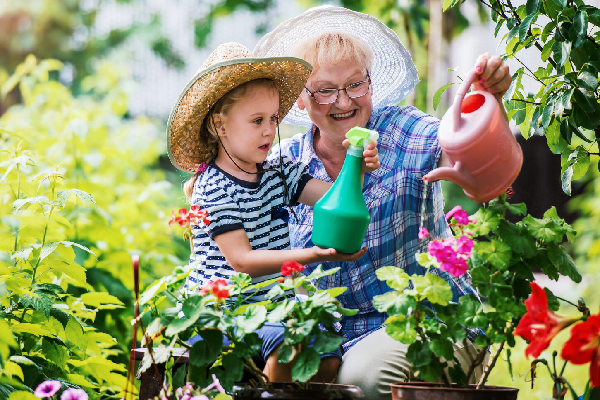When Should You Get Genetic Testing for Breast Cancer?
October 13, 2023
This article was reviewed by our Baystate Health team to ensure medical accuracy.
 Grace Makari-Judson, MD
View Profile
Grace Makari-Judson, MD
View Profile

Health & Wellness Tips
Related Articles
-
Wellness & Prevention
![What are Different Types of Breast Cancer_ Plus Treatment Options]()
What are Different Types of Breast Cancer? Plus Treatment Options
-
Your Healthcare
![Woman provider speaking with patient while sitting at table.]()
Diagnosing and Treating Colon Polyps: What You Need to Know
-
Your Healthcare
![Woman pharmacist behind pharmacy counter, providing male patient with their medication.]()
Medication Safety: How Pharmacists Help You Manage Your Meds
-
Coping with Illness
![New Alzheimer's Disease Drugs Receive FDA Approval, Offering Hope]()
New Alzheimer's Disease Drugs Receive FDA Approval, Offering Hope
-
Your Healthcare
![A smiling couple staring into each others eyes. The woman is laying on a bed, while the man is above her, with his face close to hers.]()
Navigating Low Libido: Insights & Solutions for Women
-
Your Healthcare
![an older Black man jogging in a park wearing headphones]()
Discover the Heart-Health Benefits of Weight Loss Medications
-
Your Healthcare
![cardiac catheterization]()
Cardiac Cath Lab: Pioneering Non-Surgical Heart Solutions
-
Coping with Illness
![a hugging couple coping with grief during the holidays]()
Grief During the Holidays: Ways to Celebrate While Grieving
-
Coping with Illness
![A doctor speaking to her patient about medications for Parkinson's disease]()
Parkinson's Medication: Symptom Control, Improved Quality of Life
-
Wellness & Prevention
![a woman in a plain white tshirt conducting a breast self exam in a mirror]()
Signs of Breast Cancer (That Aren't Lumps): Skin & Nipple Changes
Back to Top












